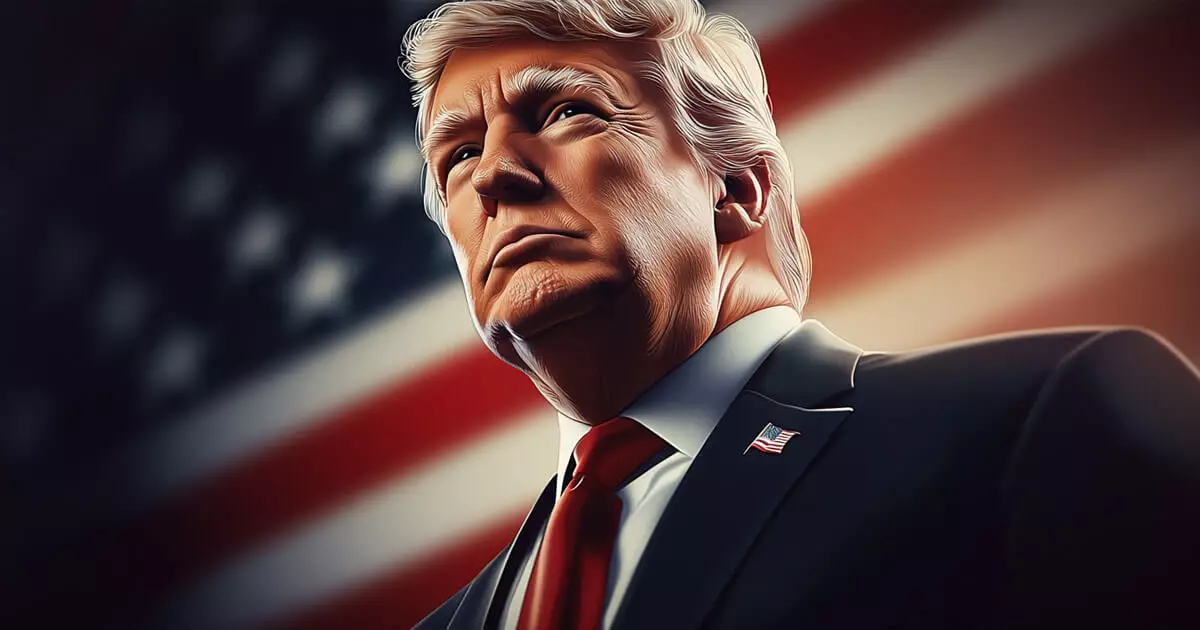The recent political landscape surrounding cryptocurrency regulation is poised for a dramatic transformation, particularly with the election of Republican President Donald Trump. During his campaign, Trump pledged to overhaul existing enforcement practices related to the crypto industry, signaling a shift in priorities within agencies like the Justice Department. As the gears of government begin to turn in favor of this promise, current and former legal experts suggest a less stringent approach toward crypto fraud—a move away from high-profile prosecutions to focus more broadly on topics heai•ing from his core agenda, such as immigration enforcement.
Insight from government attorneys reveals that resources previously allocated to cryptocurrency-related offenses will dwindle significantly. Scott Hartman, the co-chief of the securities and commodities task force at the U.S. Attorney’s Office in Manhattan, noted that the task force has already seen a reduction in personnel dedicated to crypto cases. With only 16 prosecutors currently, this is a stark contrast to the intensity seen in 2022 during the crypto market downturn, commonly referred to as the “crypto winter,” when many fraudulent activities came to light. This pivot will likely mean that fewer cases make their way through the legal system, which may disproportionately affect smaller crypto enterprises, leaving them to navigate an environment with diminishing oversight.
The potential reallocation of legal resources underscores a shift in governmental focus. Notably, legal experts like Steve Pelkin suggest that there could be a considerable influx of resources geared toward immigration enforcement, another area that resonates strongly with Trump’s electoral base. This shift raises questions about the future regulatory environment for cryptocurrencies, which have historically experienced intense scrutiny. If regulators and prosecutors become preoccupied with immigration issues, the crypto landscape could see a slow but steady easing of enforcement action.
The selection of Jay Clayton as the potential U.S. attorney in Manhattan puts further emphasis on changing regulatory attitudes towards crypto. Clayton, during his previous tenure as SEC chair, adopted a relatively cautious approach compared to the current chair, Gary Gensler, who has pursued aggressive enforcement actions against major firms like Coinbase and Binance. It remains to be seen how a reshuffling of SEC leadership could impact ongoing litigation, especially as Trump has expressed a desire to replace Gensler before his term concludes in July 2025.
Ultimately, what does this new direction mean for the crypto industry? While some fraud cases will still be prosecuted, the reduced priority assigned to such offenses may embolden questionable practices within the space. The long-term implications could vary widely, as a less aggressive regulatory framework may either encourage innovation and legitimate growth or lead to a rise in unregulated behavior, as market participants test the limits of the new enforcement environment.
The shift in focus exemplifies a broader trend in U.S. governance wherein political promises reshape not only immediate policy but the entire regulatory landscape. As the administration settles in, stakeholders in the crypto world must prepare for a new era shaped by changing priorities and enforcement dynamics.


Leave a Reply